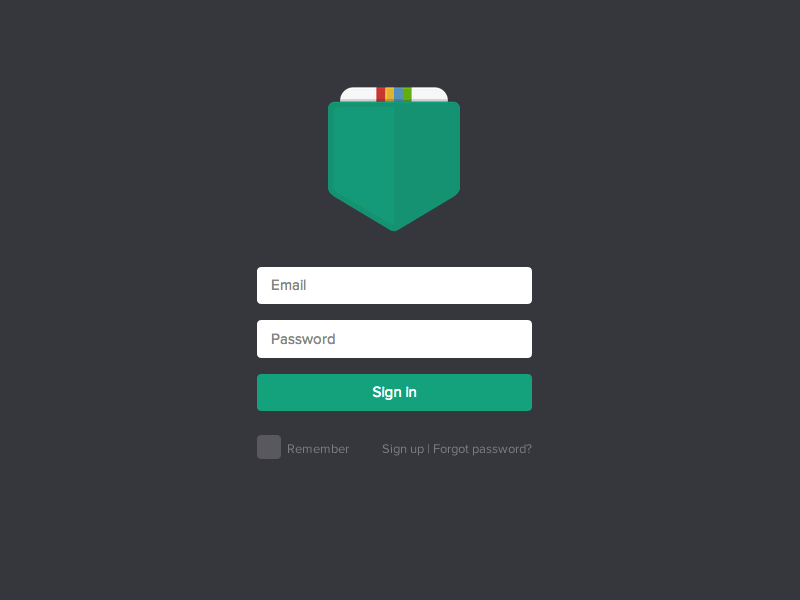
Joining and visiting 'special interest' Facebook fan pages appear to perform well in terms of their serving up contextual suggestions, but my 'news feed' front page is still predominantly a pretty hopeless flow of child, pet and food pictures, bumper stick wisdom and jokes - maybe it's the friends I've chosen to connect with.

I try to copy links to website within Facebook and open them in Chrome when I remember to keep that experience separate I have a much longer relationship with Google and presumably they have a huge dossier of information on my life somewhere. I've found that quarantining Facebook within Firefox appears to have sharpened up my relationships there around the topics I've clicked through on, and the relevance of right side display ads seem to have gone up also. The contextual suggestive power that makes Google, Amazon and ebay so useful in finding what you are looking for is also a great time saver, and on point, relevant-in-the-moment advertising can be of great use also.
LOG IN TWITTER JANETTER PC APP HOW TO
The Electric Frontier Foundation's information on Cookies and tracking continues to be a useful resource, and this University of Pennsylvania office of audit, compliance and privacy video from late last year is a very clear overview of how to set up your Facebook privacy, presumably of their students and staff. This ' know your elements' period table of the top 100 trackers gives you some idea of the frenzy of activity that is invoked by your visiting a web url, with dozens of business entities picking over your past, present - and likely future activities. They monitor over 1,000 trackers and 'give you a roll-call of the ad networks, behavioral data providers, web publishers, and other companies interested in your activity'. Ghostery is a useful service that 'provides a window into the invisible web – tags, web bugs, pixels and beacons that are included on web pages in order to get an idea of your online behavior'. It's well worth keeping an eye on the realities of the world of online tracking from a personal perspective, which gives the term 'the web' a rather different meaning. This bodes well for Facebook and other next generation social network's growth prospects from a Wall Street perspective, although probably making your future personal browsing habits more creepy. I'm not overly paranoid about the realities of being tracked, but do like to experiment with value around online communities and relationships.Ĭhief Product Officer at Buddy Media Patrick Stokes noted at last month's Enterprise 2.0 conference during his excellent session ' On The Back-End: An Expert Look Into The Technology Behind Social Business' that Facebook's ad targeting is pin point precise, to the extent that prospects wanting a job at Buddy were able to buy Facebook ads targeted to the exact individual employees there they were hoping to influence to get employed! Patrick also drily noted that most big brands were pretty clueless, and not set up to exploit this level of targeting yet. Twitter is arguably the most invasive activity tracker and it seems to be hard to log out on all devices - you can still be logged in through Tweetdeck, Echofon, Janetter or other 'social media dashboard application' (I just use Tweetdeck solely for Twitter) and/or on your phone or desktop. ( Not surprisingly, I see lots of collaborative technology ad messaging, as YouTube pops up and side displays for example). Google track me primarily through search, Gmail and YouTube, and have a broader canvas of my activities to exploit. What I've found is a more defined community on Facebook based around past posts I've chosen to click on, and more tightly defined advertising messaging. I've removed the Facebook app from my current mobile phone and log in through the phone's browser if I need to access Facebook through that medium (which is rarely). Google track me when I use Chrome, and I use Bing as my primary search when using Safari.

LOG IN TWITTER JANETTER PC APP WINDOWS
(I use PC's less than Macs but apply the same browser use logic if I'm online on a Windows machine). Essentially I use Firefox exclusively for Facebook and for no other browsing activities, and make sure I'm never logged into Facebook in the other two browsers I use, which are usually Chrome and Safari on my Macs. I've found that by using one browser type exclusively for Facebook, I've been able to isolate their tracking of my web activities, and this also appears to influence the algorithms they use to define whose posts I see by excluding tracked world wide web influences.


 0 kommentar(er)
0 kommentar(er)
